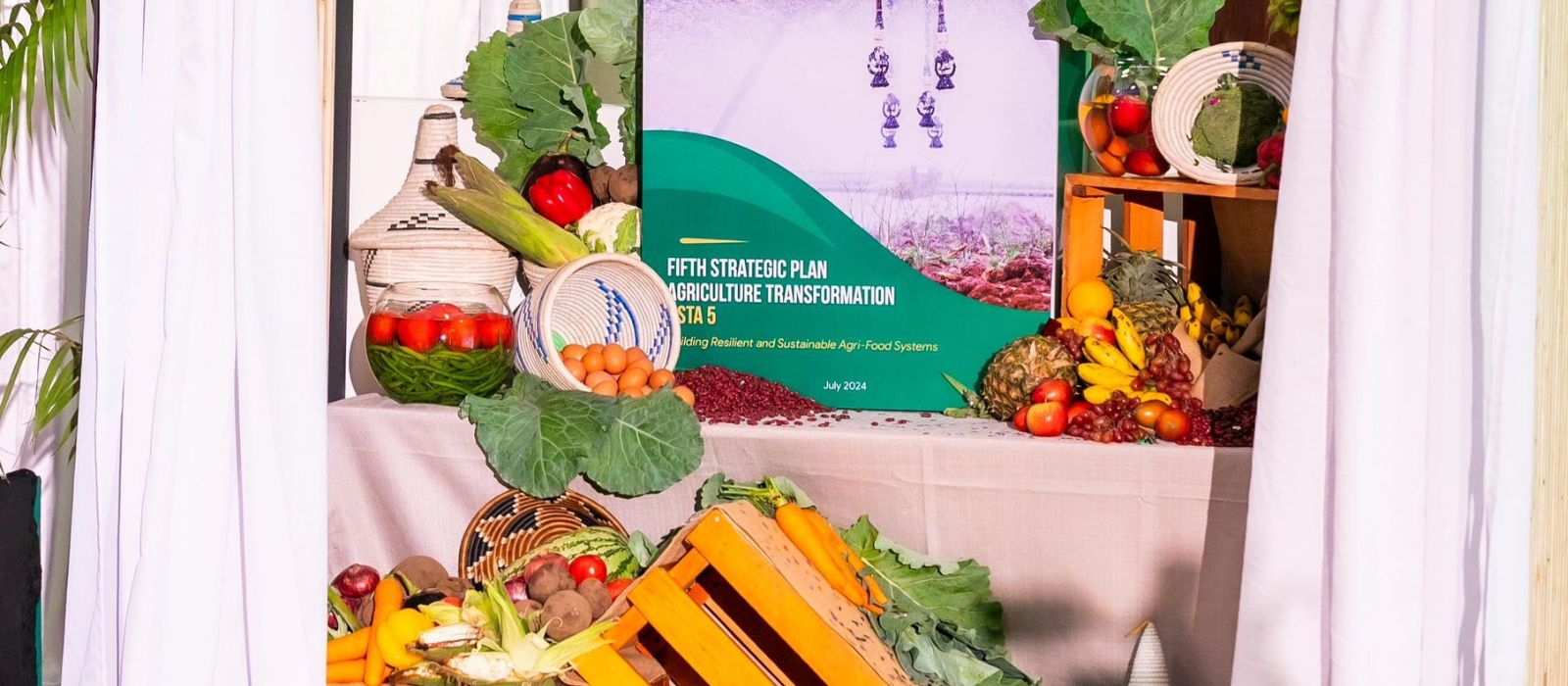
Rwanda has unveiled its Fifth Strategic Plan for Agriculture Transformation (PSTA5), presenting a comprehensive framework to revolutionise its agricultural sector. Announced in Kigali, the initiative aims to foster resilience, sustainability, and innovation across the agri-food systems, aligning national priorities with global frameworks such as the Sustainable Development Goals (SDGs).
Minister of Agriculture and Animal Resources, Mark Cyubahiro Bagabe, underscored the transformative potential of the plan, describing it as “centred on agri-food systems,” which he called the “central pivot” of its approach. The strategy prioritises advanced technological integration, including artificial intelligence and the Internet of Things, to address systemic challenges such as low productivity, food insecurity, and climate vulnerability.
A key focus of PSTA5 is engaging Rwanda’s youth, who Minister Bagabe sees as pivotal to driving productivity. His remarks resonated with optimism tempered by pragmatism, urging stakeholders to translate the blueprint into actionable results. He noted, “The success of this strategy lies in collective action to ensure resilient, sustainable, and equitable agri-food systems for all.”
PSTA5 builds upon its predecessor, PSTA4, which achieved notable progress in marshland development, agroforestry, and irrigation infrastructure. However, persistent challenges such as limited investment and the escalating impacts of climate change have necessitated further innovation and funding.
The plan sets ambitious targets, including a 6.5 percent annual agricultural growth rate, $1.54 billion in export revenues, and the creation of over 644,000 off-farm jobs. The empowerment of women in agriculture is another focal point, with 72 percent of female agricultural workers projected to benefit from the initiative.
Rwanda’s agricultural sector is foundational to its economy, involving approximately 69 percent of households in farming and employing about 400,000 individuals in agri-food systems, according to the Fifth Population and Housing Census (2022). The PSTA5 strategy is poised to harness this potential, not only to bolster national food and nutrition security but also to elevate the country’s standing in regional and global markets.
By reaffirming its commitment to sustainable development through this strategy, Rwanda aims to navigate the pressing challenges of a changing climate while charting a path toward inclusive economic growth.


